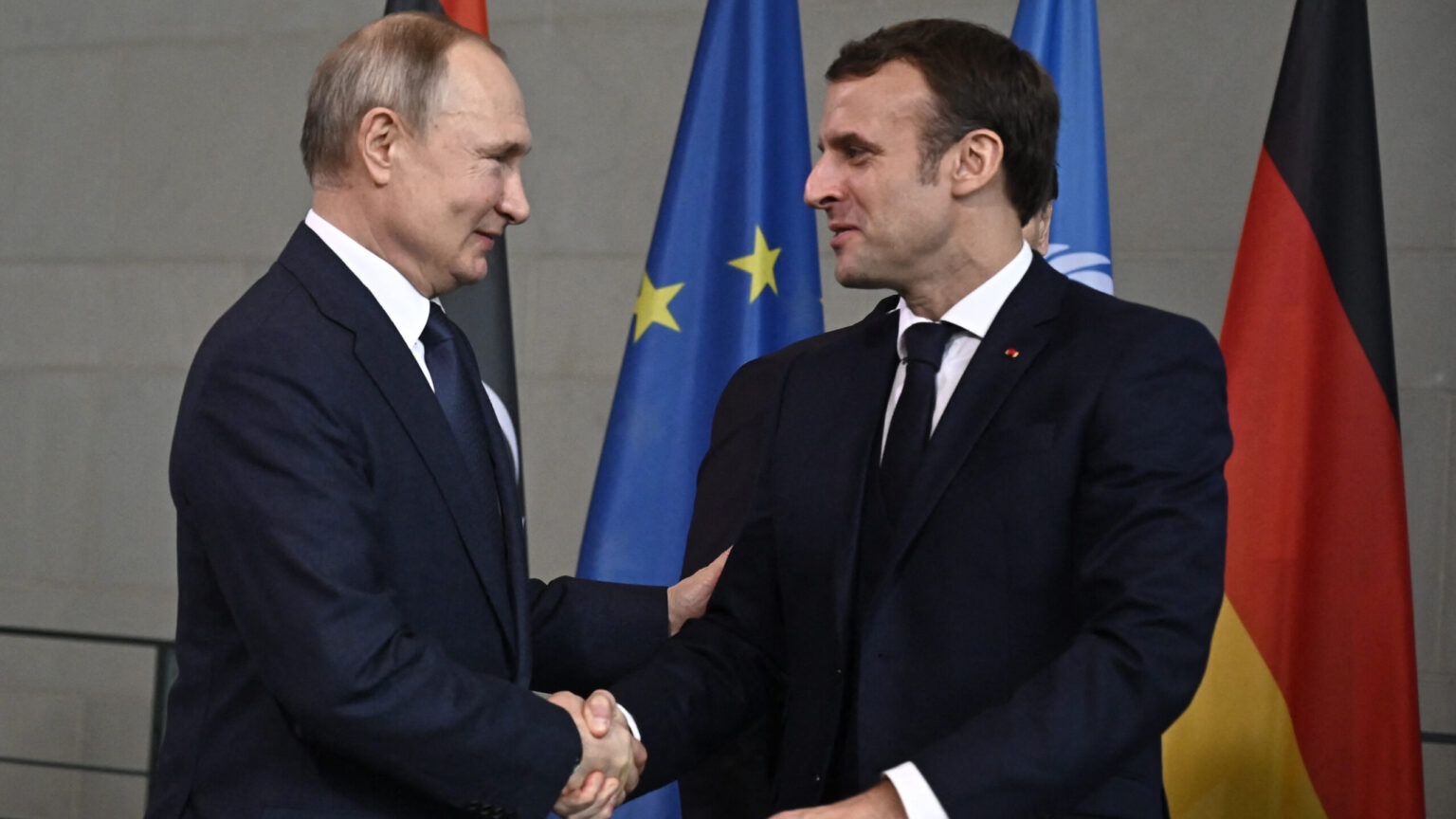
France is lobbying Berlin to approve a Russian-linked nuclear fuel project in Germany, with Macron himself applying diplomatic pressure behind the scenes. The initiative cuts against the EU’s REPowerEU strategy and signals that key member states are quietly planning for economic normalization once the war ends.
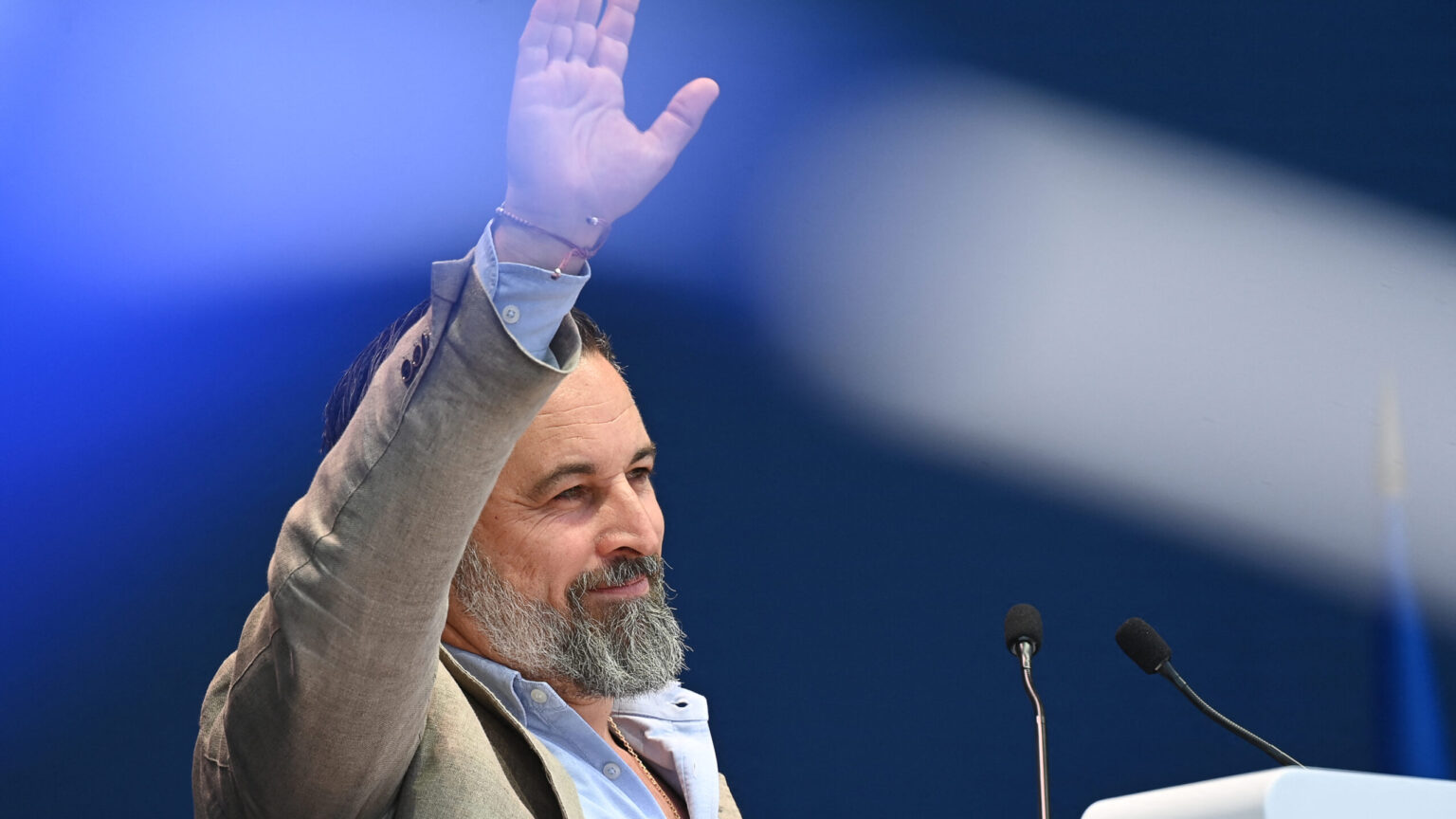
Spain’s regional election in Extremadura has delivered a major breakthrough for Vox, which doubled its seats and entrenched itself as a decisive force in a former Socialist stronghold. The surge benefits a close political ally of Viktor Orbán and underscores the expanding reach of the Patriots for Europe alliance within national and regional politics.
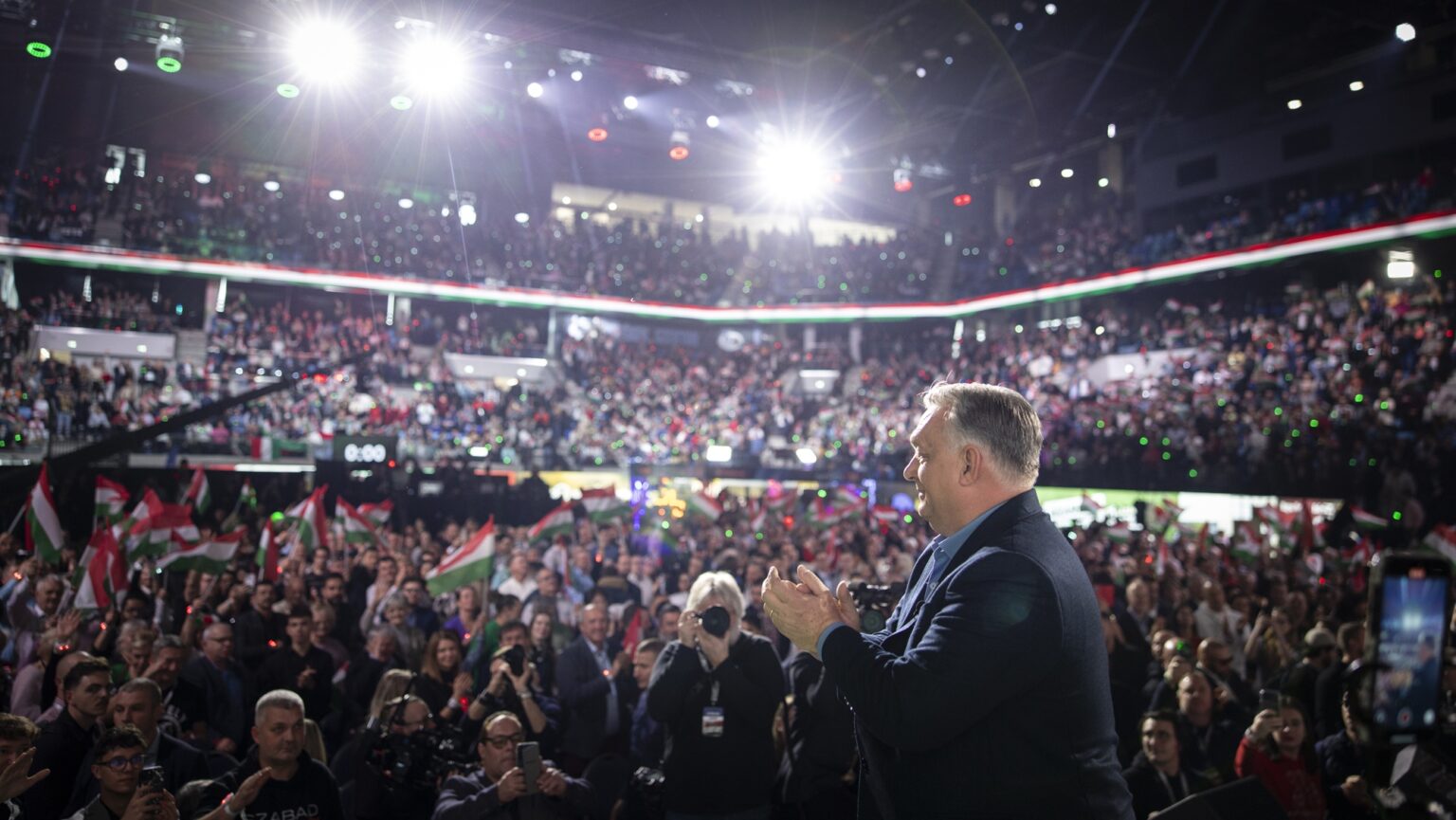
Europe stands at a crossroads between a Brussels-led war path and Hungary’s logic of peace, the Center’s Miklós Szánthó wrote in a Facebook post. He warned that sanctions, debt, and prolonged conflict threaten Europe’s economy, arguing that only Viktor Orbán and Hungary’s pro-peace right can keep the country out of war.

A shocking assault on a 75-year-old Jeanette Marken in Seattle has reignited accusations of selective silence in Western mainstream media. Footage shows a known career criminal brutally attacking the victim, yet major outlets have largely avoided coverage, prompting comparisons to earlier cases where politically inconvenient crimes were downplayed or ignored.
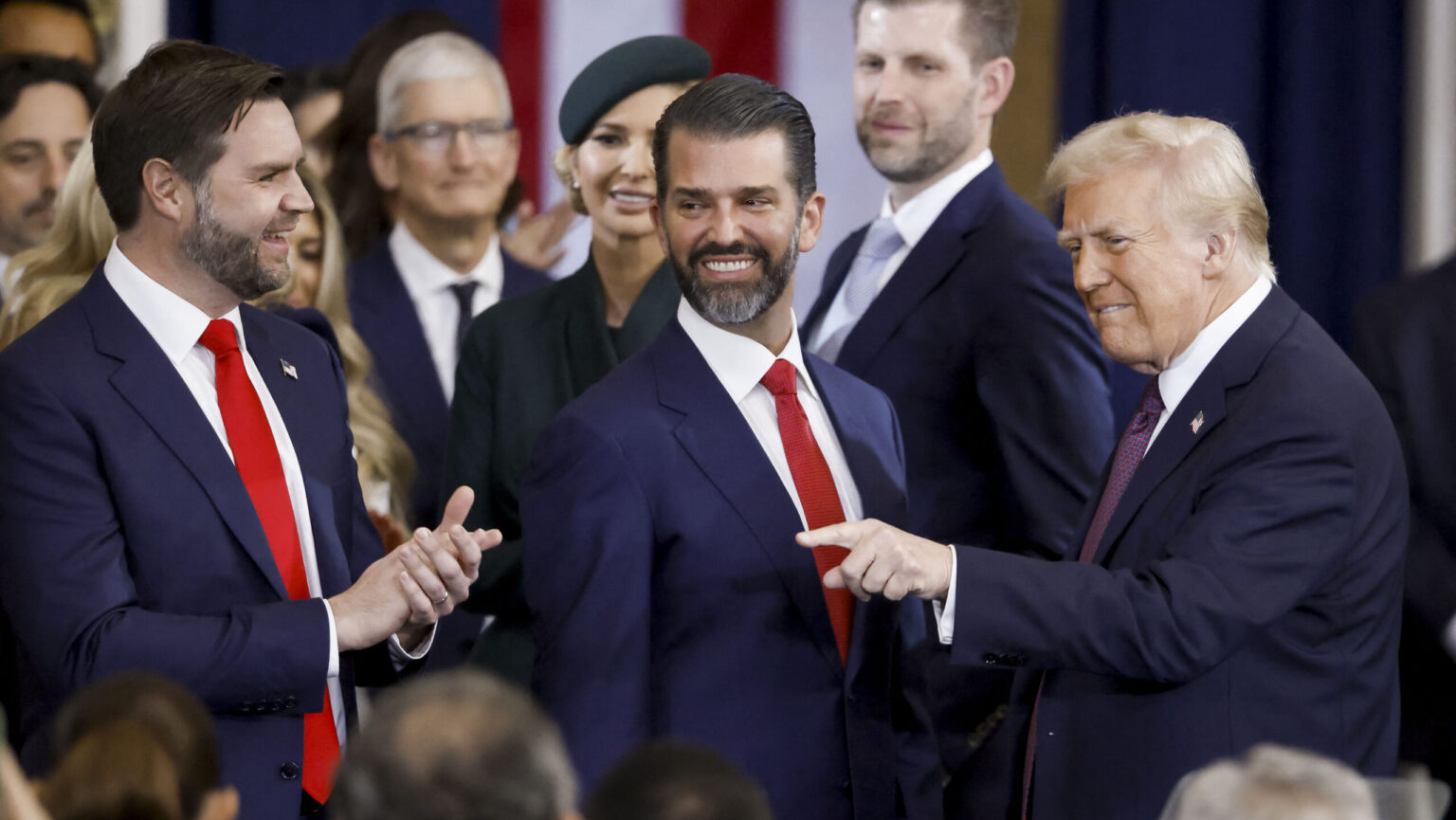
The average US gallon of gas costs under $3, the Dow Jones is up 13.5 per cent YTD despite April’s 13 per cent drop amidst the tariff frenzy, and JD Vance seems set for the 2028 Republican nomination. Yet the government shut down for 43 days, letting Democrats win NJ and VA gubernatorial races: here are the second Trump admin’s biggest Ws and Ls for 2025!
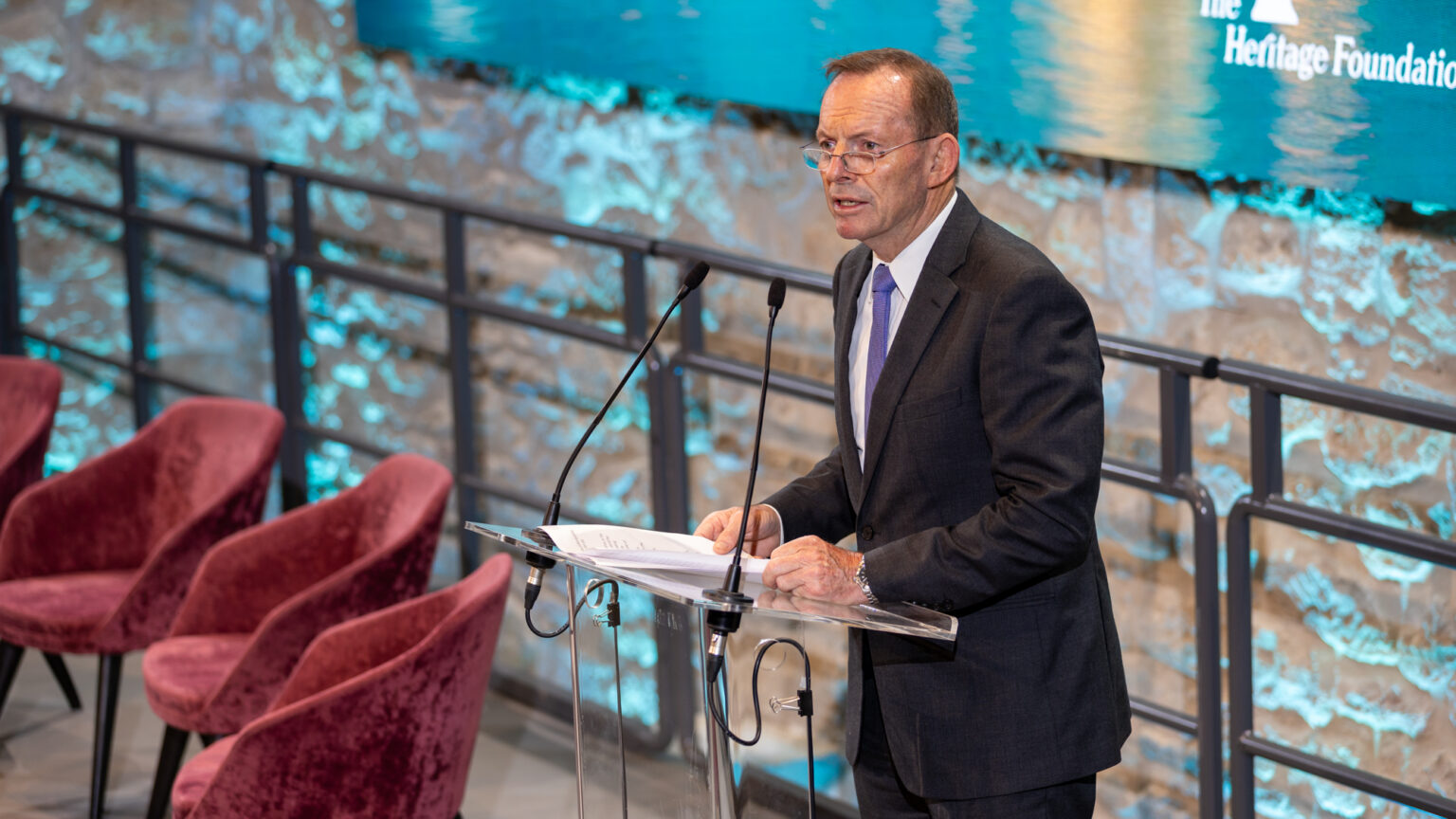
‘I do think we’ve got to make it clear that visas will not be issued to people with a history of antisemitism or a history of support for ideologies which are inconsistent with the liberal, pluralist, democratic way of life that we enjoy in this country.’
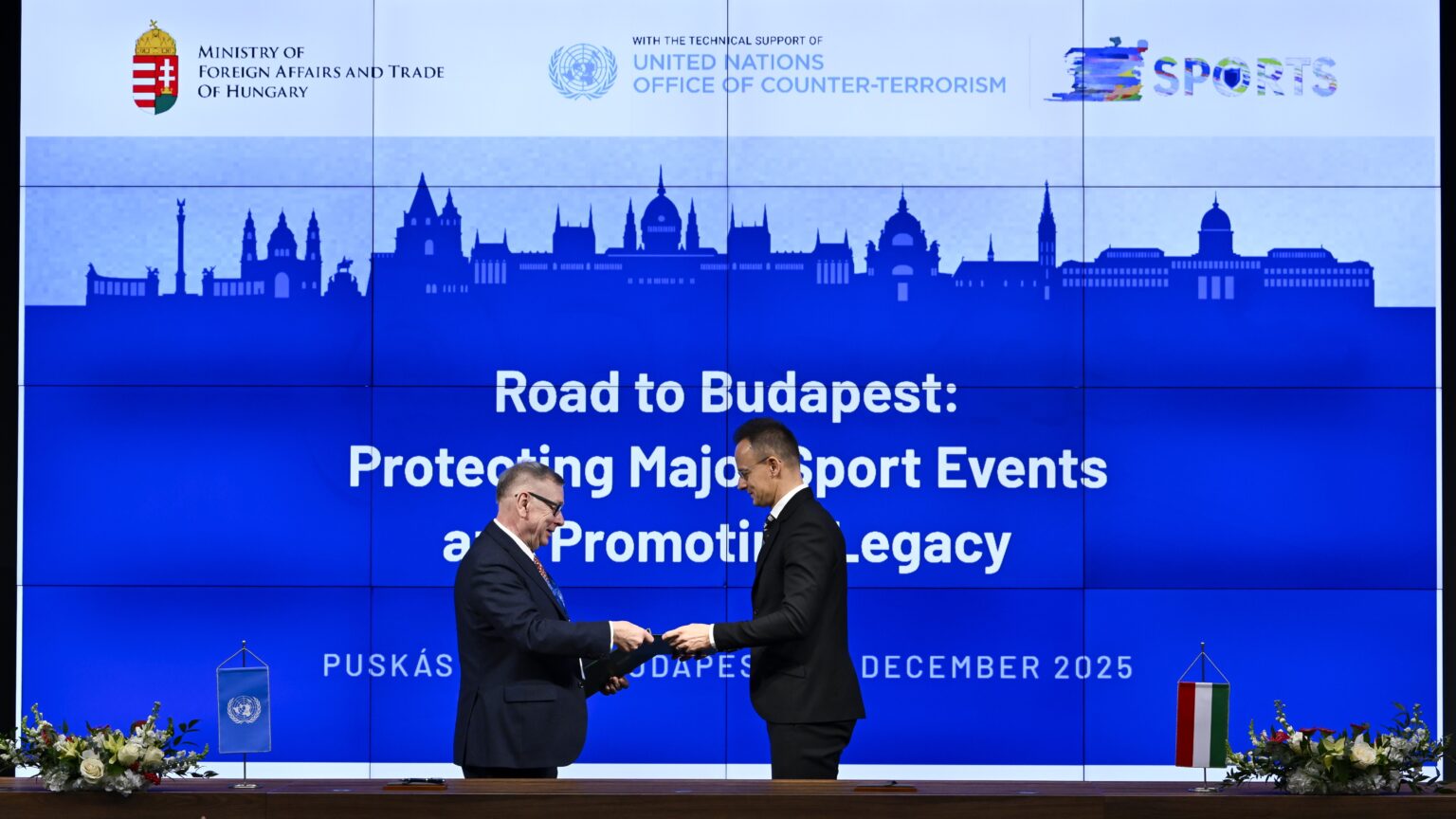
Hungary has signed a cooperation agreement with the UN Office of Counter-Terrorism to strengthen the security of major sports events, aiming to ensure that matches remain free from violence, extremism and security threats.

Budapest has launched the first phase of its Green Panel Programme, offering apartment blocks in Kőbánya access to grants for energy-efficient renovations, with the scheme set to expand to other districts to cut emissions and improve living conditions.
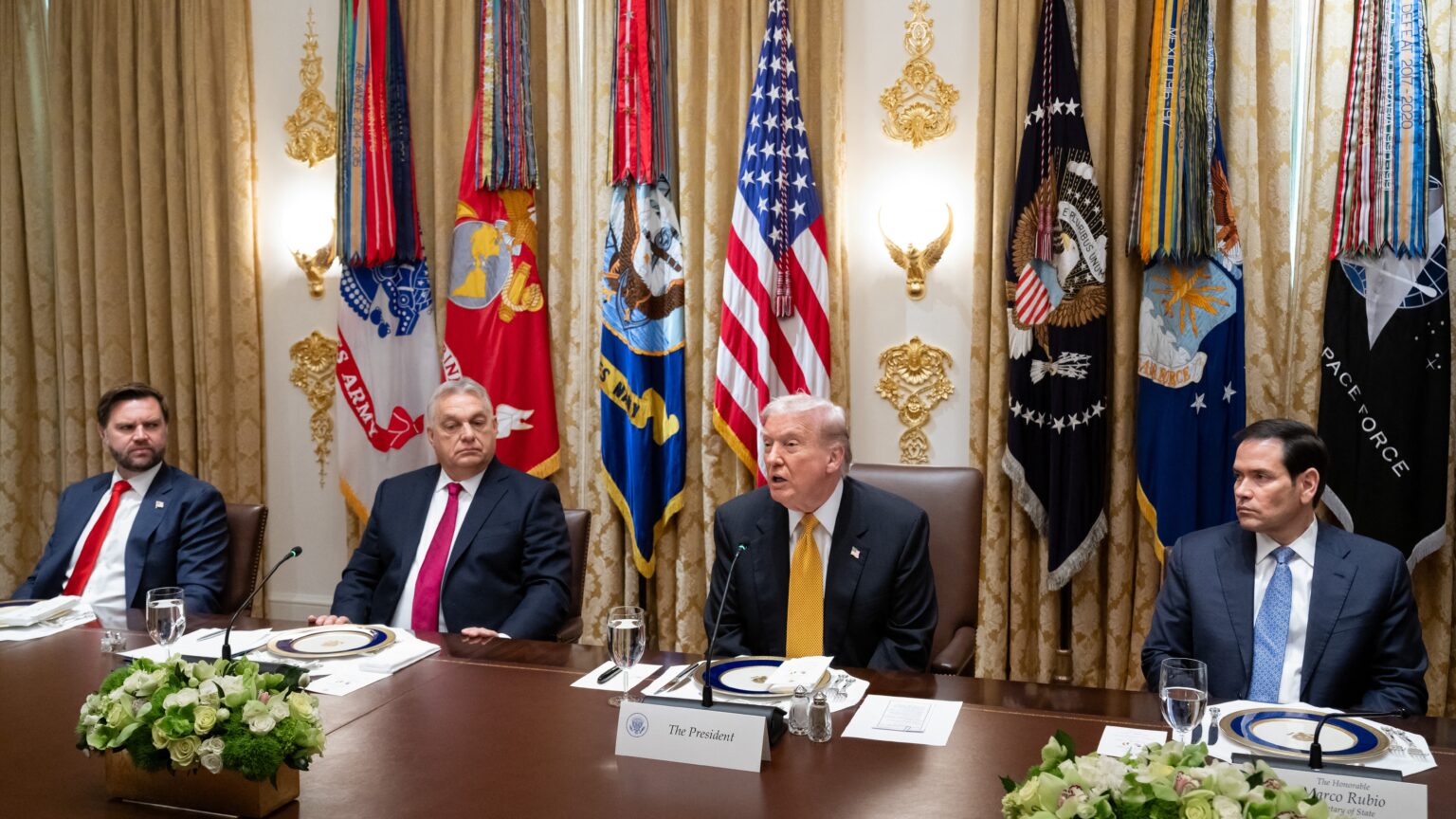
US–Hungarian relations are entering a new phase as defence cooperation moves from political signalling to concrete industrial partnerships. Preliminary agreements with Northrop Grumman and Lockheed Martin mark a strategic shift, strengthening Hungary’s NATO-compatible capabilities and defence-industry base.

Hungary’s ambulance service is expanding its fleet as 43 new, state-of-the-art emergency vehicles enter service nationwide, strengthening patient safety and response capacity as part of a broader, multi-year modernization programme.
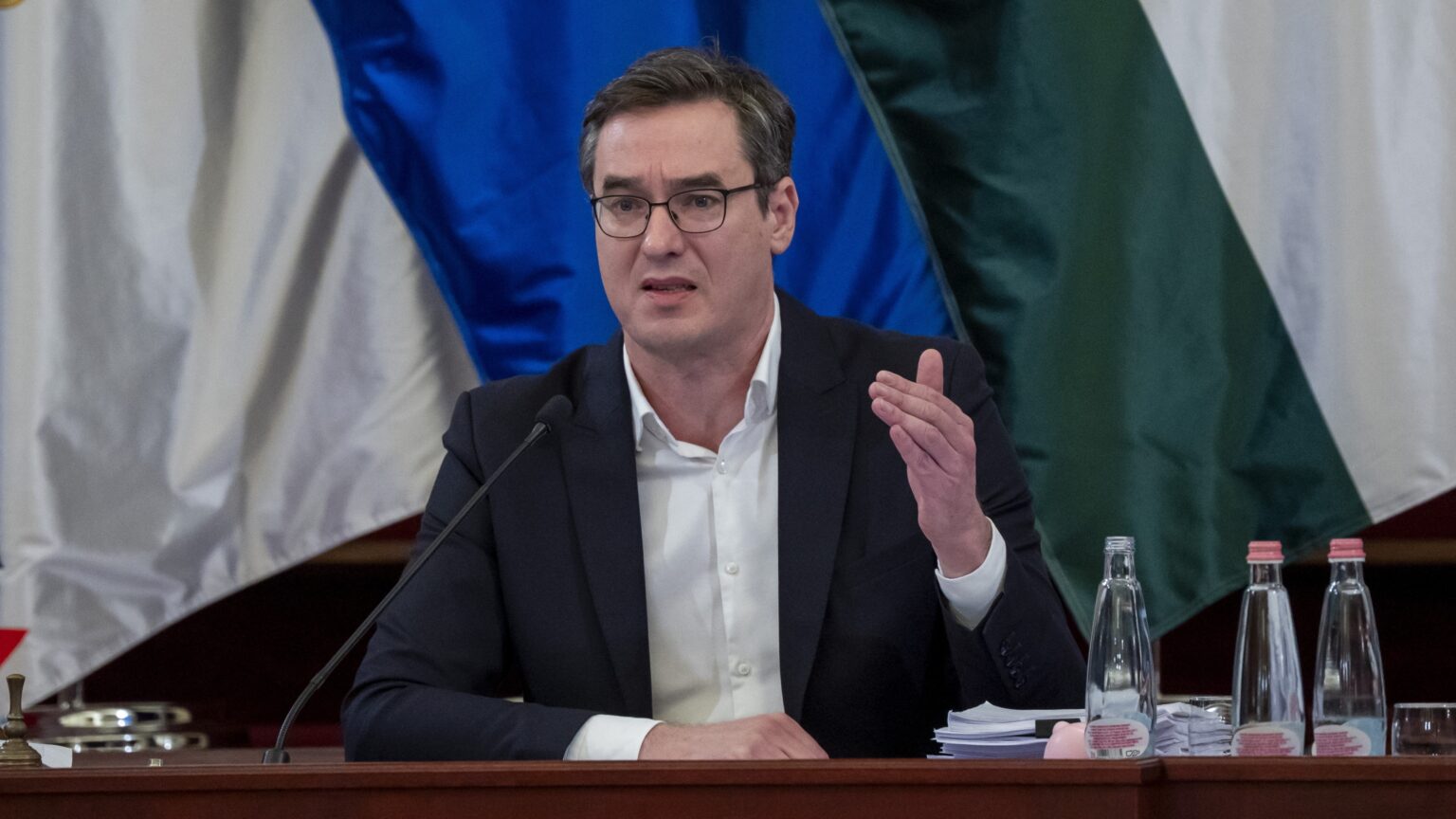
Budapest’s city assembly has approved the capital’s 2026 budget, setting total revenues and expenditures at more than 532 billion forints. The plan was adopted amid sharp political debate and ongoing concerns over municipal financing and state withdrawals.
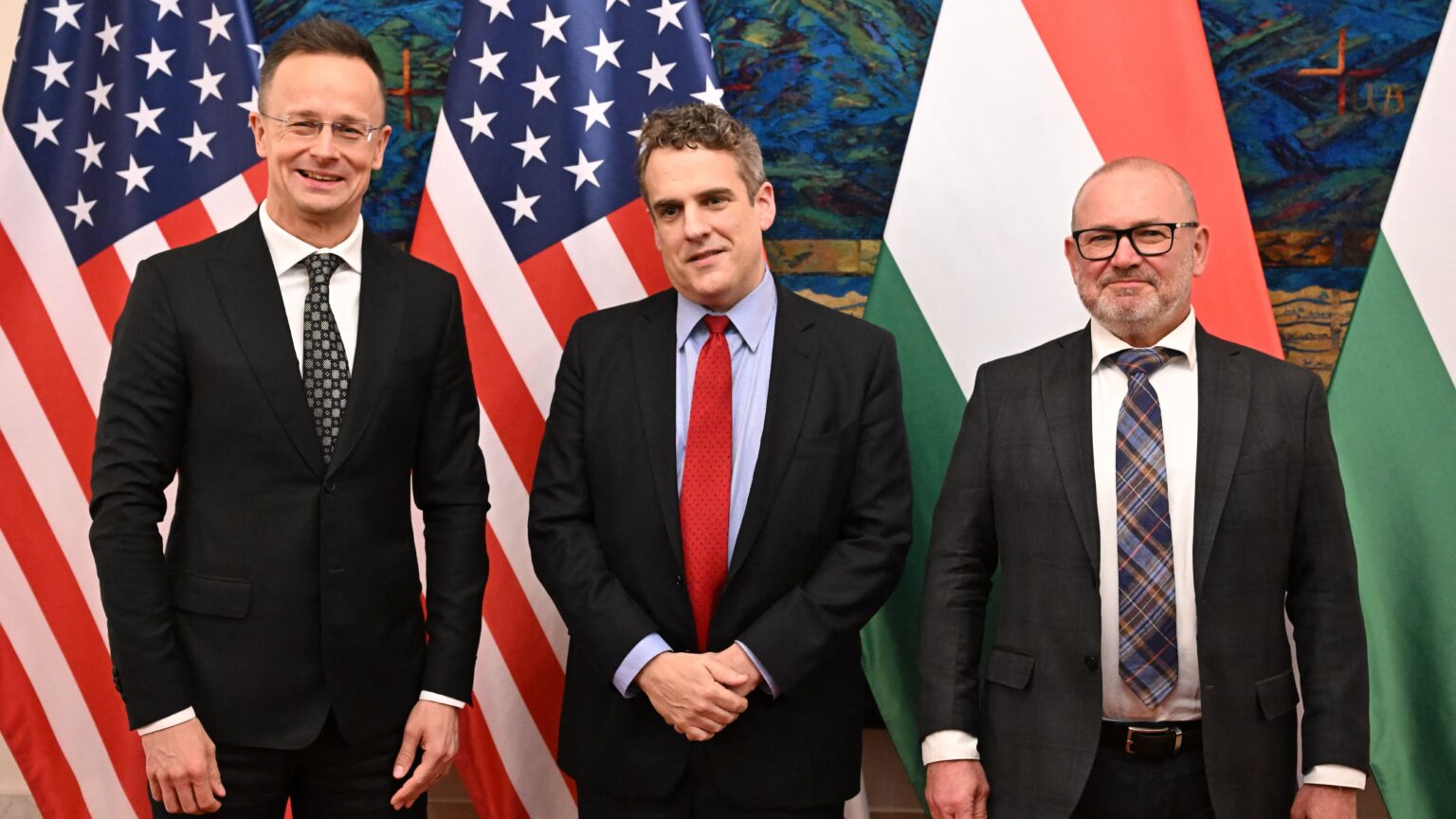
Hungary has reaffirmed its full support for US President Donald Trump’s peace efforts, arguing that a negotiated settlement must prevail over what it sees as escalating pro-war policies in Brussels, Foreign Minister Péter Szijjártó said in New York.
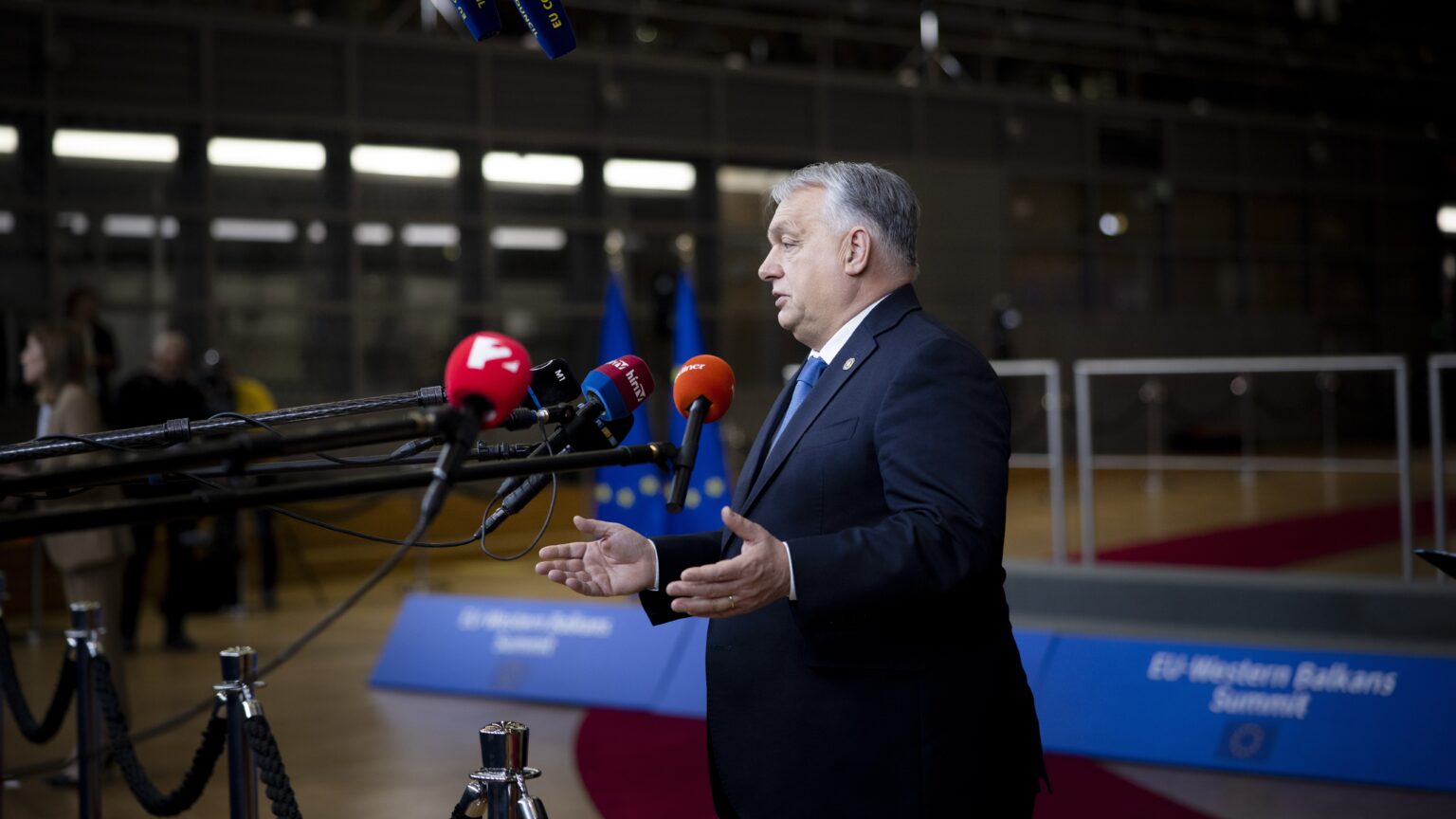
Prime Minister Viktor Orbán has accused the European Union of undermining member states’ rights by bypassing unanimity on frozen Russian assets, warning that such steps set dangerous precedents and risk dragging the bloc deeper into the war.
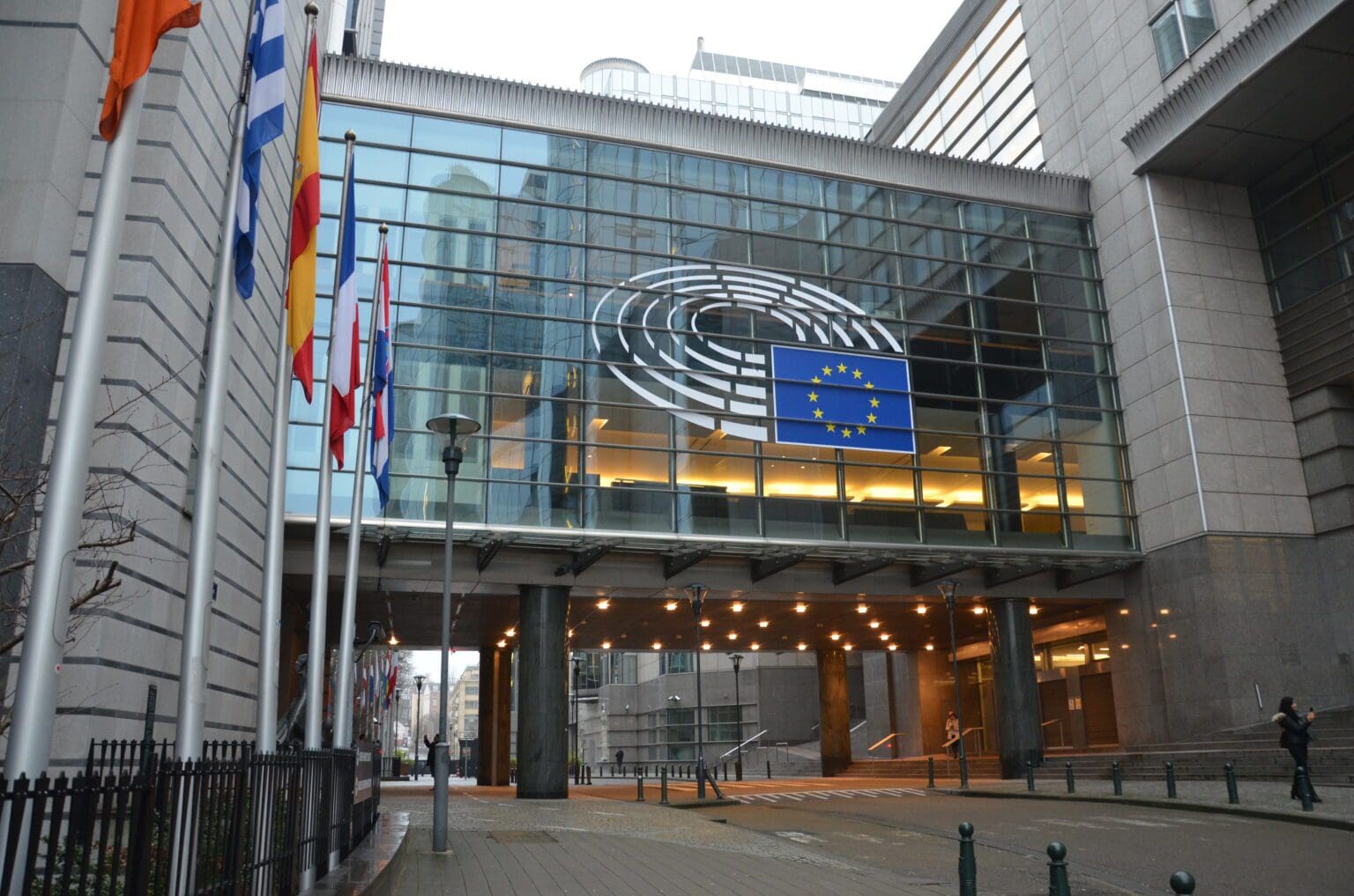
‘The report highlights Europe’s growing strategic weakness relative to Asia and the United States, pointing to persistent failures in innovation, a deep aversion to risk, and a regulatory mindset…According to the report, the heavy emphasis on procurement rules and compliance does not foster the technological breakthroughs required for modern warfare.’

About two weeks after political podcaster Tim Pool claimed shots were fired at his rural West Virginia residence, the local police still cannot confirm if the incident actually took place as described. Many questions linger about the incident, with multiple twists and turns in the updates.
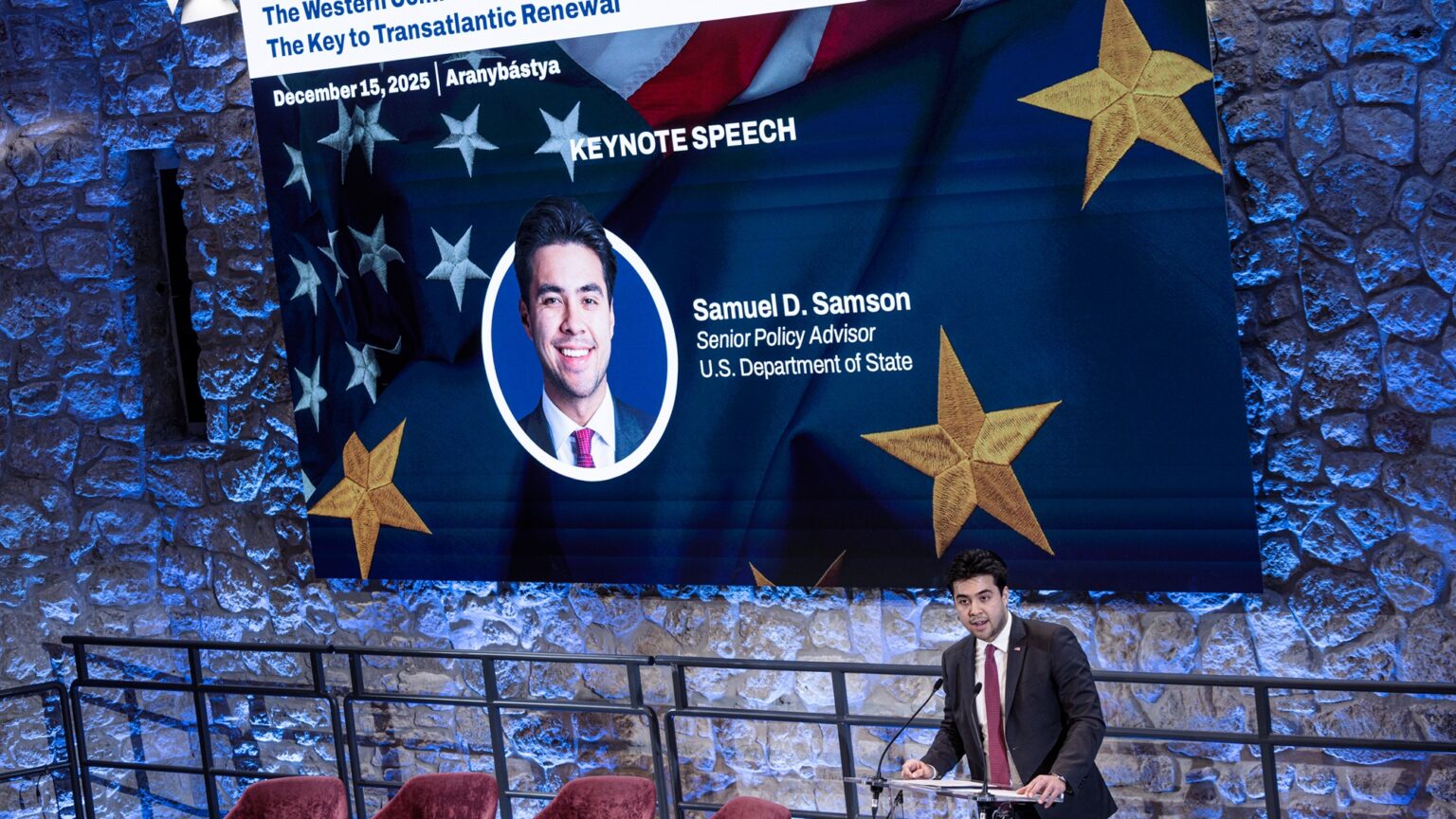
At an online press conference, Samuel D Samson, Senior Advisor at the US State Department, expressed his gratitude to Hungary for the work it has done on issues such as family support, pursuing peace, and combating censorship. He later described Hungary as ‘a leader in Europe in defending civilizational values’.

Hungary’s 4iG Space and Defence Technologies and Lockheed Martin have signed a preliminary agreement to explore industrial cooperation linked to long-range rocket artillery systems, potentially laying the groundwork for HIMARS-related integration and production activities in Hungary.
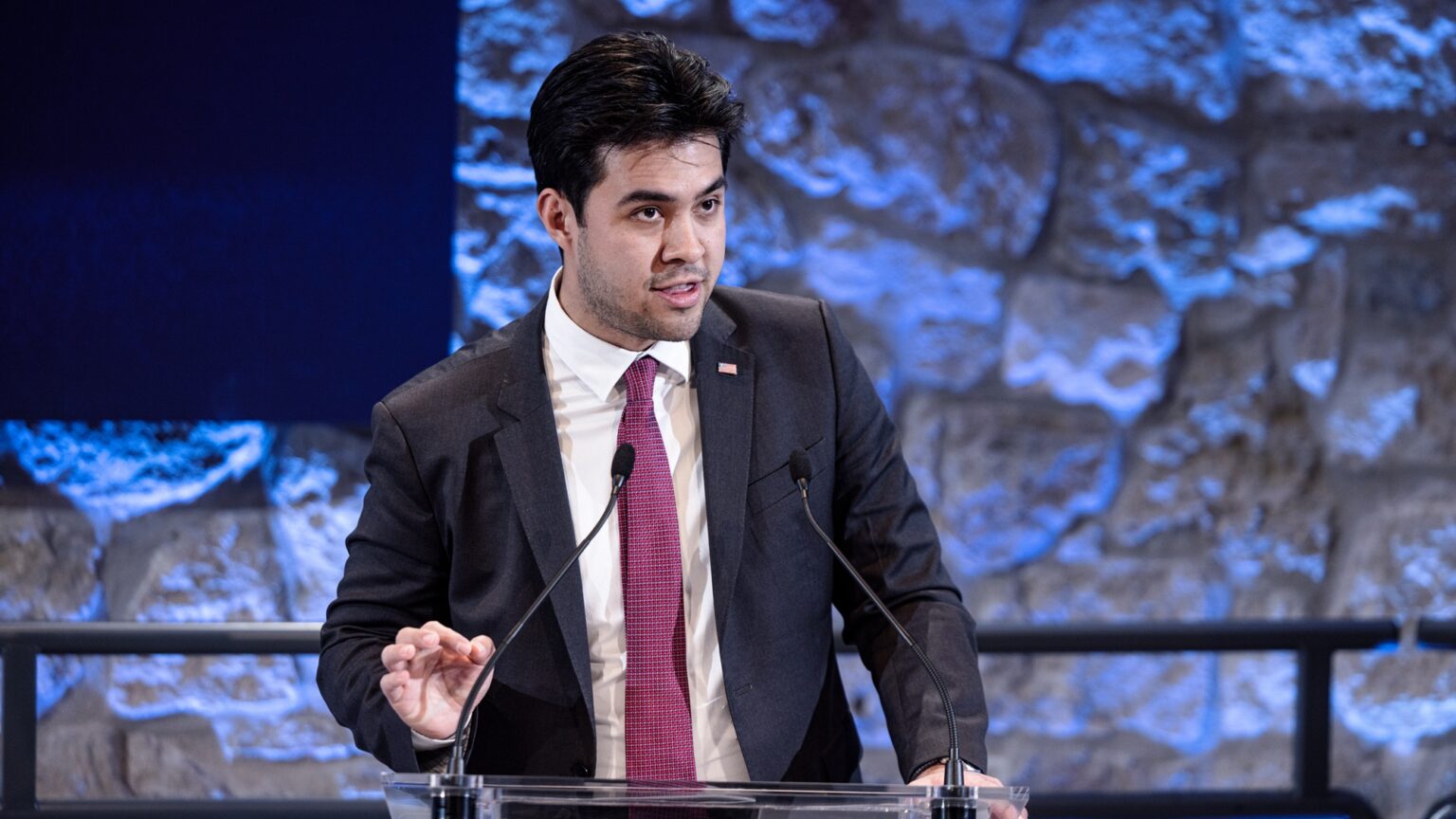
‘The speaker pointed out that the city of Budapest, where the event was taking place, withstood the oppressions of the Mongols, the Ottomans, the Nazis, and the Soviets, yet it remained committed to its Western values. He then likened those oppressions to those coming from the EU, which, he believes, is working to suppress national identity and nationalist and conservative sentiments.’

‘Washington’s unconditional support has given Israel a green light to act rashly, drawing the U.S. into unwanted military engagements.’
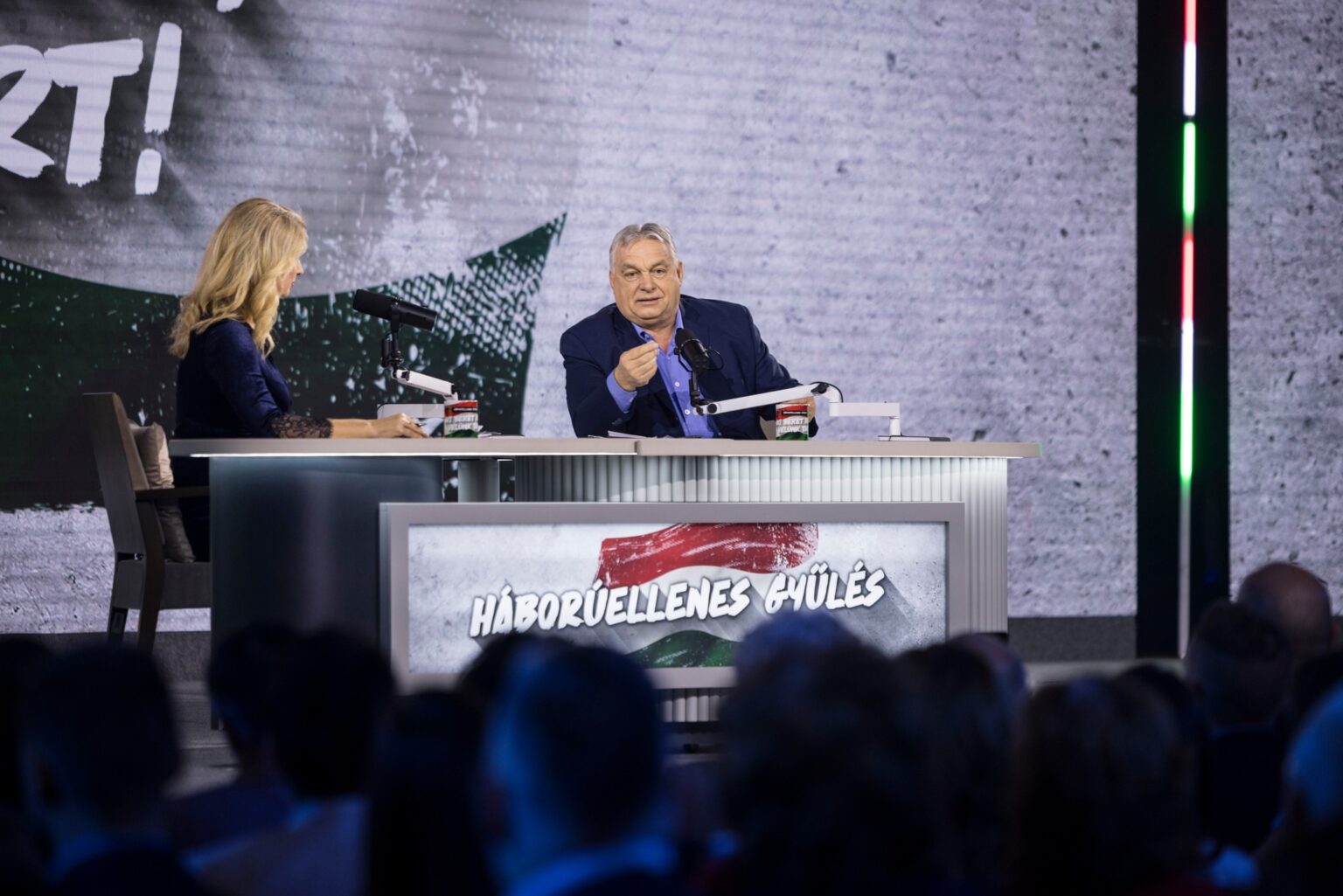
Miklós Szánthó warned that Brussels’ plan to seize frozen Russian assets amounts to a ‘message of war’, and spoke out against the EU circumventing Hungary’s veto on the matter. He also shared that at an anti-war rally, PM Viktor Orbán said Europe faces three dangers: war, migration, and political interference from Brussels in national elections.
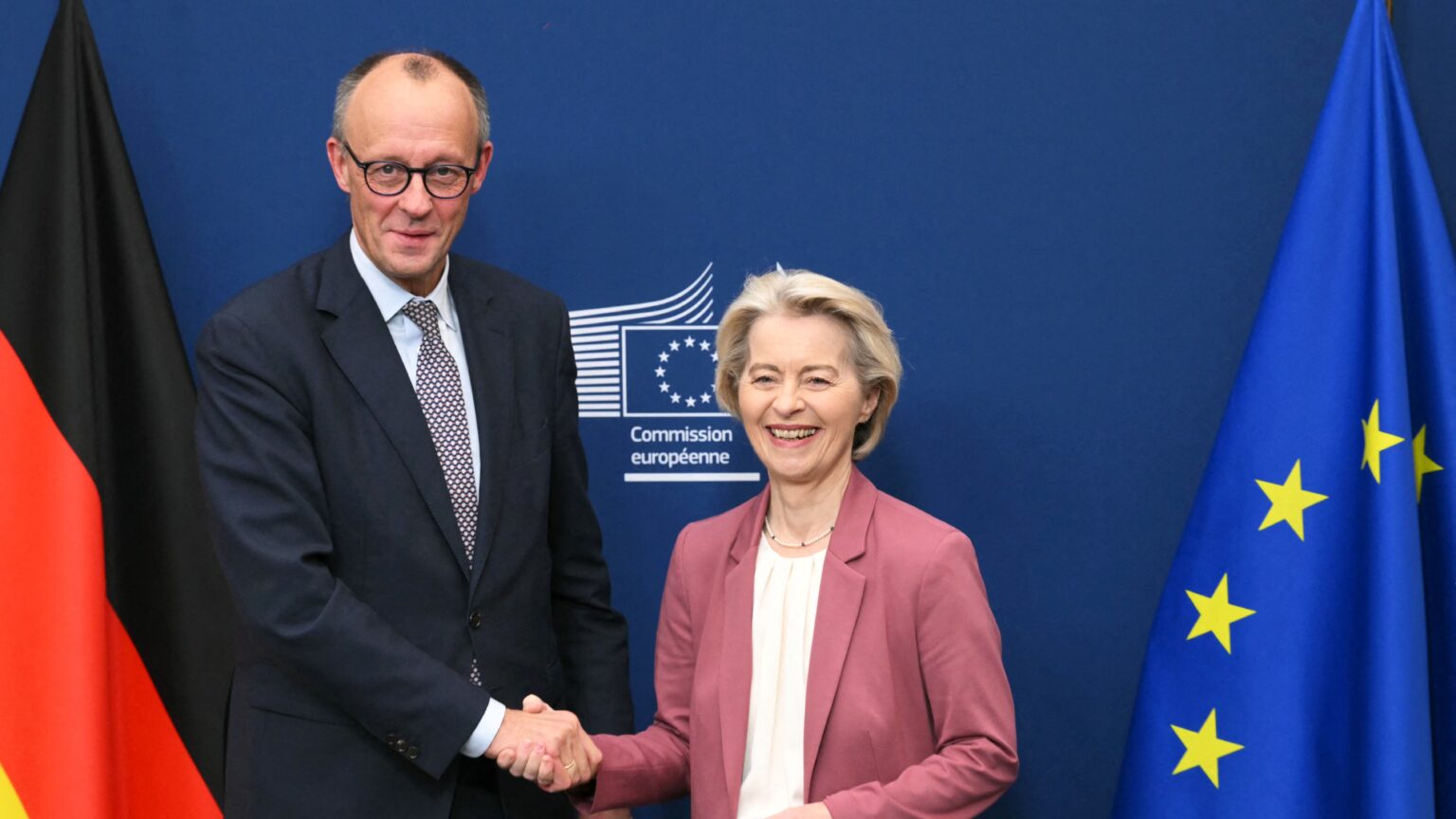
Criticizing the EU is becoming increasingly difficult with online censorship rules, such as the Digital Services Act, as well as member state rules in France and Germany against ‘insulting’ certain politicians.

Italy has joined Belgium, Bulgaria and Malta in resisting the European Commission’s plan to use frozen Russian assets as collateral for a €210 billion loan to Ukraine, warning of profound legal and financial risks. The pushback intensifies scrutiny of Brussels’s decision to invoke emergency powers to sidestep expected vetoes from Hungary and Slovakia.
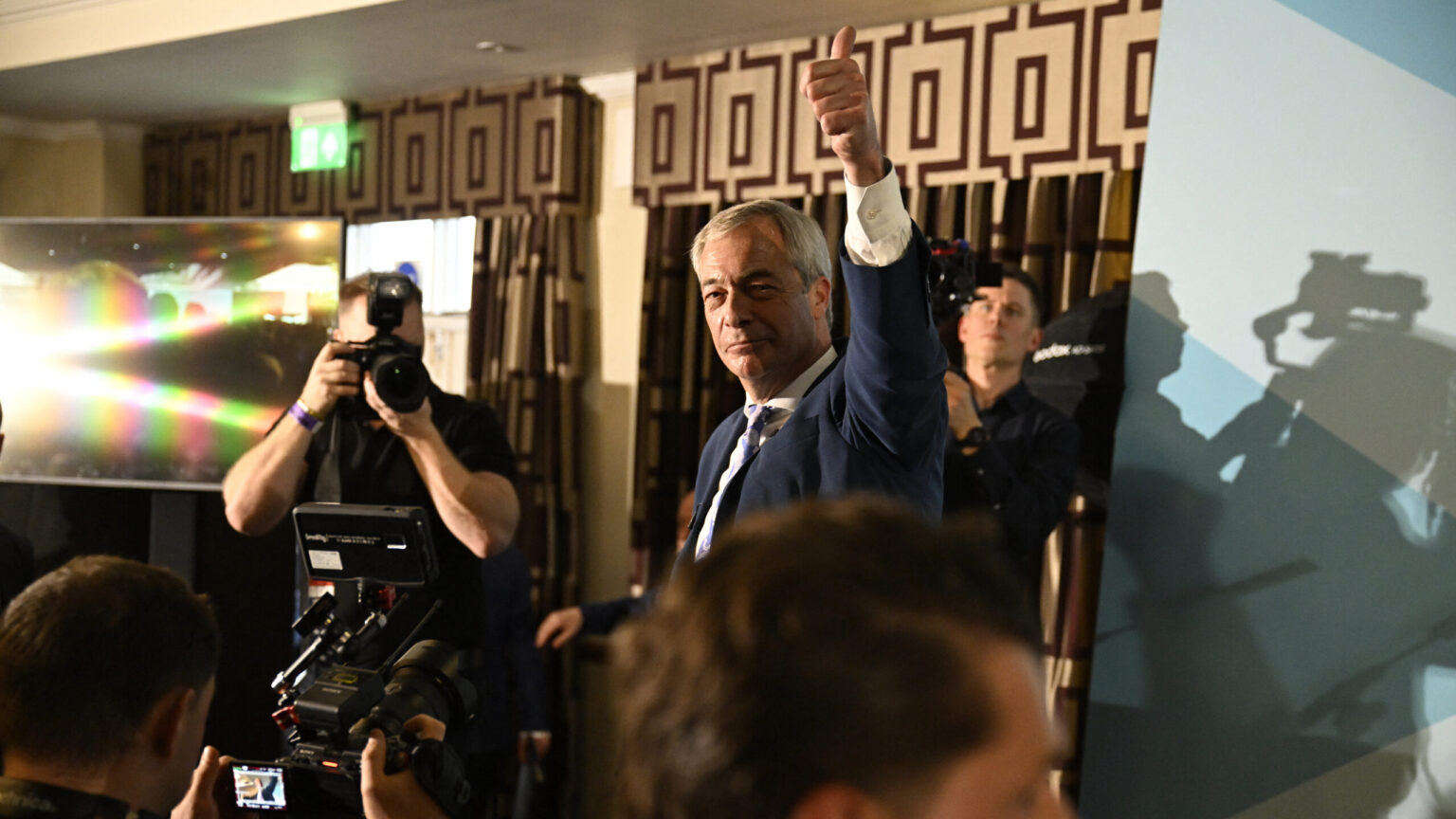
Nigel Farage’s Reform UK is riding an extraordinary wave, securing its first Scottish council seat and overtaking Labour to become Britain’s largest party by membership. The developments, both hailed as historic moments, underscores the accelerating collapse of the UK’s traditional two-party system.

Hungary has already broken its 2024 tourism record, welcoming over 18.2 million guests by 2 December. With balanced domestic and international visitor numbers, Budapest and Lake Balaton remain top destinations, and strong holiday-season bookings point to another successful year ahead, Visit Hungary has shared.
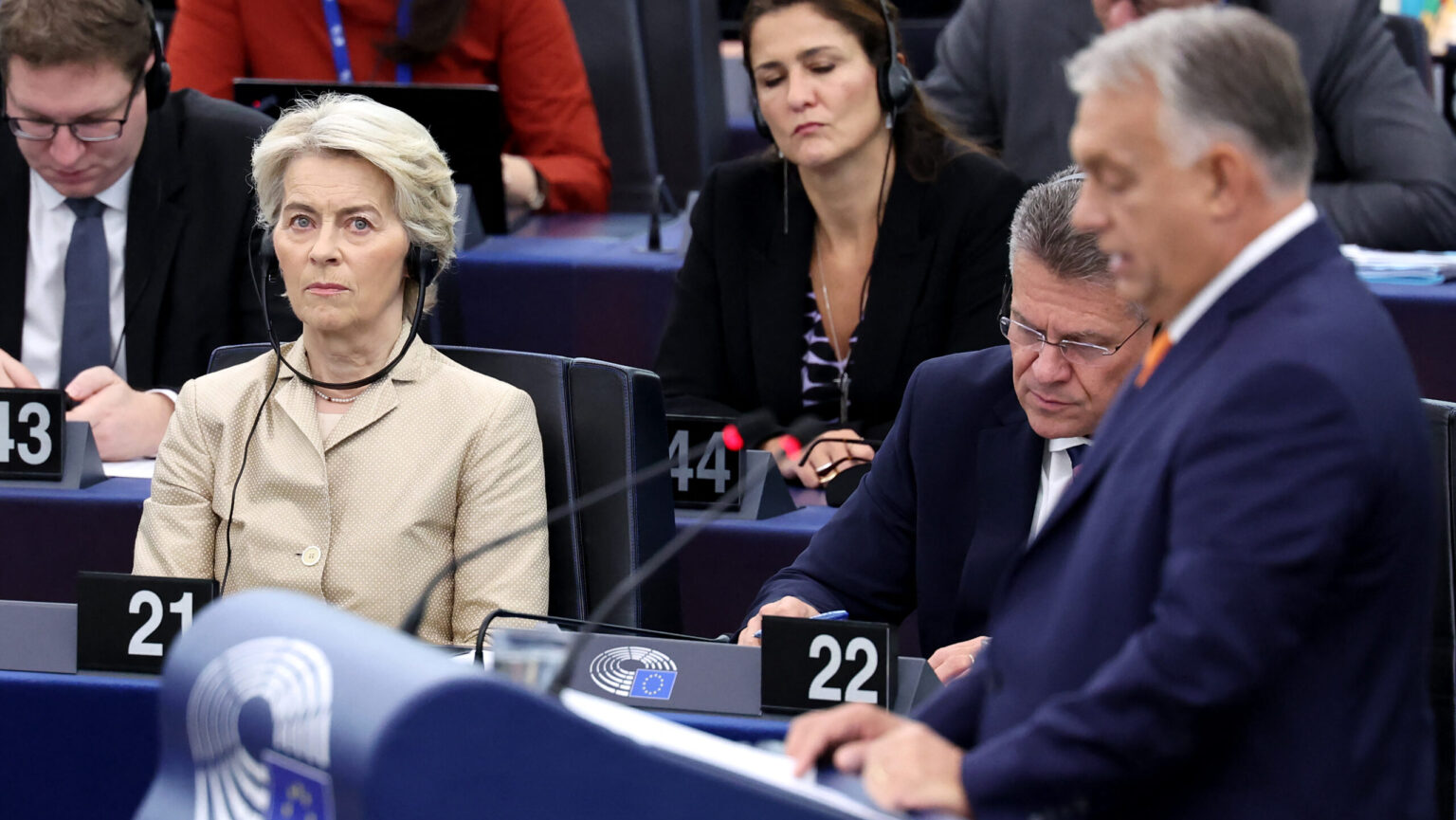
Hungarian Prime Minister Viktor Orbán accused Brussels of ‘systematically raping European law’ after the Commission triggered an emergency clause to indefinitely freeze Russian assets—bypassing unanimity and clearing the way ahead of its controversial Ukraine reparations loan.

With 21 out of the 40 Republican State Senators joining the ten Democrats, a new congressional map for the state of Indiana that would have presumably given two more seats to the GOP has been rejected by the Indiana General Assembly. This is a major setback for President Trump’s party, in a midterm election that is shaping up to be a lot closer than it was during his first term.

‘For the Budapest-centric circles I move in, the strategy paper consists mainly of familiar assumptions and positions.’
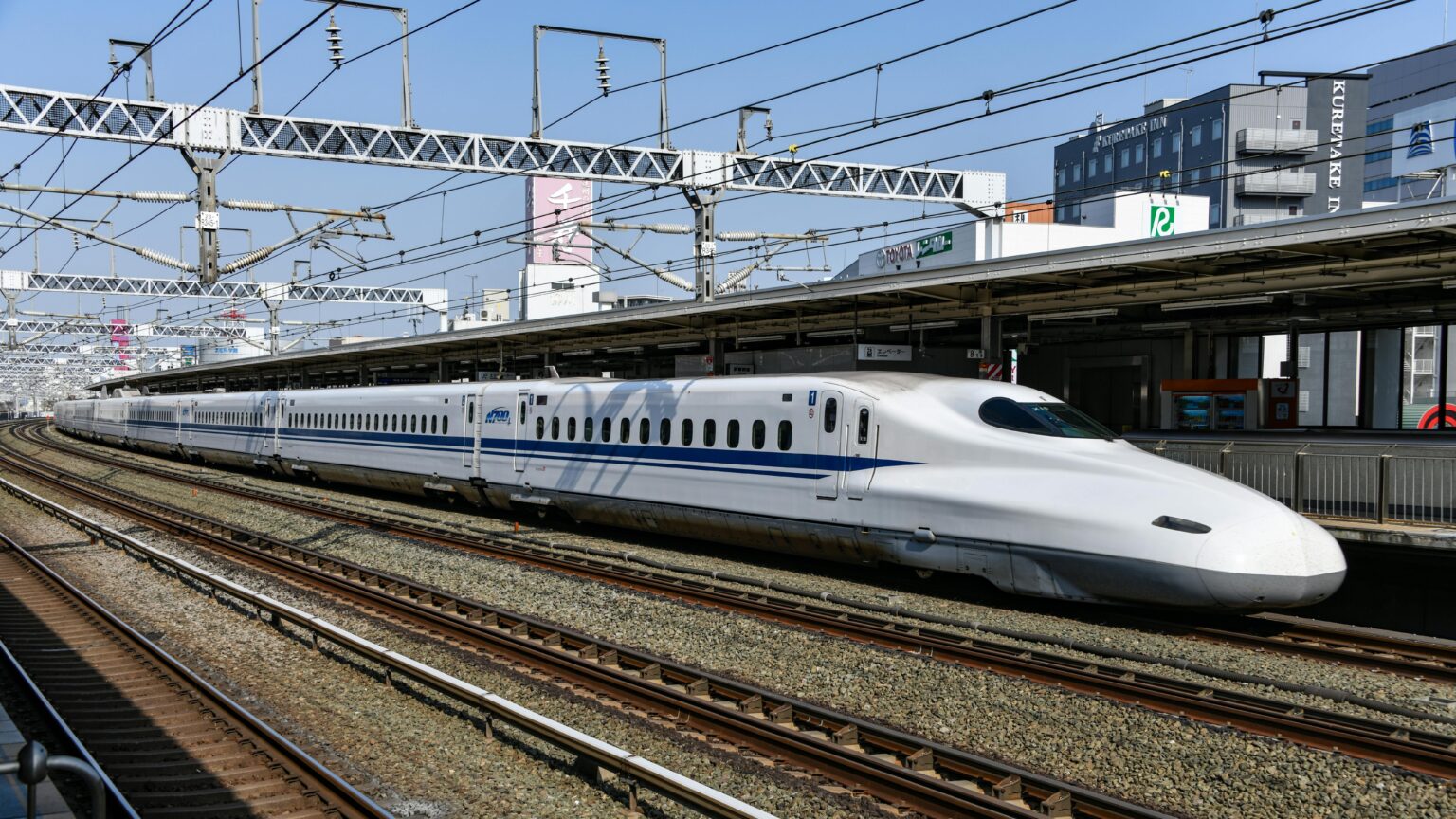
‘Takaichi stood in front of applauding ministers when she announced her plans to allow workers to work up to 100 overtime hours a month.’

Ferencváros came back against the Scottish side Rangers, beating them 2–1 at home. With that victory, not only did they keep their unbeaten record in the Europa League campaign, but they also secured their spot in the knock-out stage of the competition next spring.
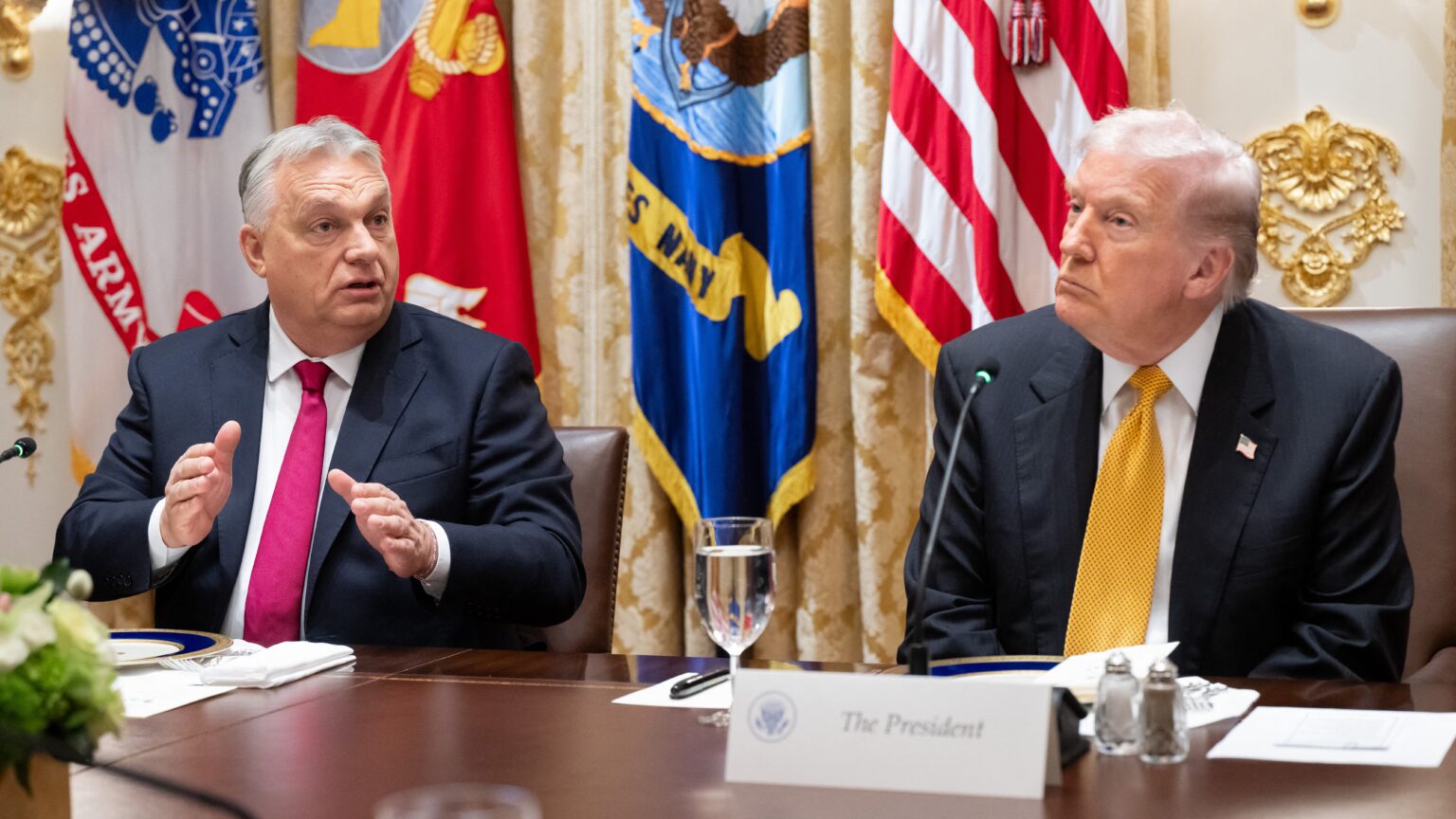
Viktor Orbán praised Donald Trump’s new National Security Strategy as ‘the most important and interesting’ document of recent years, saying it finally recognizes the civilizational crisis Europe faces. The Hungarian prime minister wrote that America now sees the decline Hungary has been fighting against for 15 years.